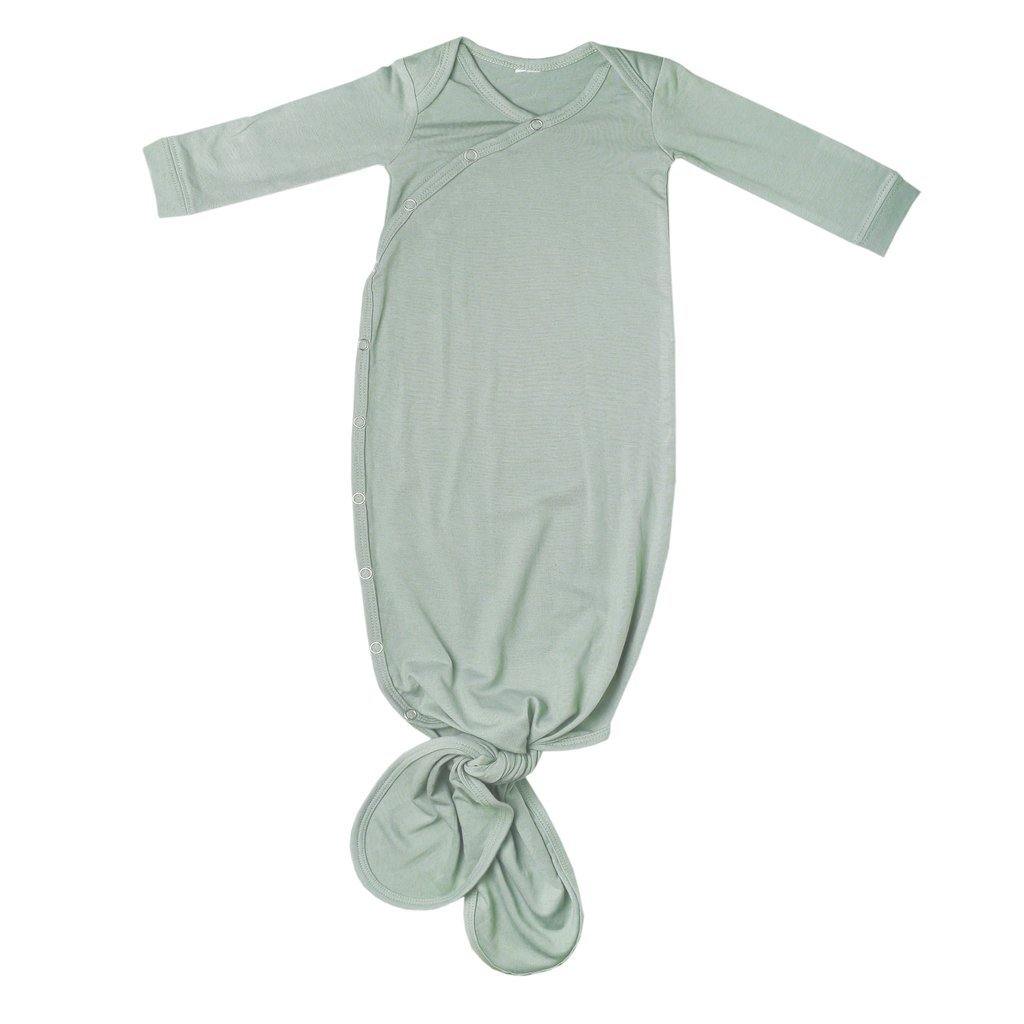I made it out. My three-year-old turns FOUR this week! I’m officially done with the “threenager” stage and I couldn’t be more proud of myself or happier about it. He’s my first, so I suppose I’m not forever done with this stage, but you can bet that I’m going to enjoy while it’s gone. I thought age two was rough... until he turned three and then I really began to struggle. It was HARD.
I can’t count the amount of times I asked friends and neighbors if they struggled with their kids at age three as much as I was struggling. For the most part, I received a resounding YES in reply!
I get it. Well, my logical side gets it – my emotional side, maybe not so much. It’s hard for a little person to be expected to manage such big feelings and emotions. So it’s no wonder they act out in various ways! And being told “no” simply doesn’t make sense to their strong will and independent selves.
There’s an obvious language barrier with two-year-olds, which makes the terrible twos extra prominent. But what I think a lot of moms (definitely myself included) forget is just because three-year-olds are saying more words and understanding better, doesn’t make them communication experts. There’s a lot more to communicating than being able to say over 300 words! It’s easy to forget this portion of the threenager stage because of the sass, talking back, and attitude thrown into the mix. But despite the intonations and cringe-worthy defiance, I have to do my very best to remind myself that he is only three years old, and that a lot of what he says and does is somewhat understandable, considering the extent of his knowledge.
Terrible twos are a lot more mischievous and slightly more innocent. So it’s not quite as taxing as the three-year-old breakdowns with a lot more purpose in them. Age three is right in between understanding directions and following directions. My least favorite occurrence was the knowing grin while doing something he knew he shouldn’t, all while giving me a smug smile like saying, “whatcha gonna do about it, Mom?” There were some really infuriating moments, and most of the time what I did about it was less than glamorous.
In working through this tricky phase; I realized something that I think we all learn at one point or another. It almost always depended on MY RESPONSE to his behavior, to determine how the situation would fully unfold itself. I believe I had just as much, if not more, growth during this time of life than the more tangible and obvious growth of my toddler. Two of my biggest lifesavers during the dreaded threenager stage that helped me combat some of the peaks of temper tantrums were ignoring him and reasoning with myself.
Ignoring Him
Quite frankly, if he wasn’t doing anything that would harm himself or someone else, I started to ignore the negative behaviors. Limited reactions didn’t give him the results he was looking for, so most of the time he would move on to something else. This wasn’t easy or natural to me at all. But after a few tries, I was astonished to see the results! I didn’t realize how regularly he just did things to get a reaction out of me.Reasoning with Myself
If I’m already to the point where I’m telling myself in my head, “I’m not going to yell, I’m not going to yell,” then I know I’m already in trouble. And it turns out that frantically telling myself I’m not going to lose it, didn’t really do that much. So instead of telling myself what I wasn’t going to do, I would literally walk myself through the situation. I’d put myself in his shoes and find the why in his behavior. Many times, at first glance, there wasn’t a clear ‘why’. But after practicing this response in myself for a few days, I became more capable of looking at his side of the equation.
Let’s be real, can he really help himself in some of these situations? Three-year-olds are curious by nature and don’t always think about consequences in the moment, or understand consequences after the fact. So maybe that in itself is the ‘why’. Reminding myself of this fact made all the difference to my responses to his misbehavior. I’m the adult, he’s the child. Just because he’s yelling and pushing the boundaries, does NOT mean I need to do the same. I don’t need to sink down to his level to “win the battle” because ultimately, I’m in charge, so I should set the tone.
It took a LOT of practice, many yelling slips, tons of tears, and patience (that I’m still convinced I don’t have), but we made it through those really tough months.
I’ll tell you the best part about threenagers though; once they snap out of it, they really snap out of it. At least that was the case for my little boy. Nearly all of his sour is gone and now he’s completely sweet. To be specific time wise, I would technically classify my son’s threenager stage as age two-and-a-half to three-and-a-half. So I suppose the first half is leftover from the terrible twos, but a different variety. But my little guy was back to his loving, temper-tantrum-less, more reasonable self shortly after turning three-and-a-half.







1 comment
[…] As you can tell, I’m not huge into the baby phase. Not because cuddles and the Mama Bond weren’t amazing, but because of the lack of sleep, slight paranoia, definite hormones, and the constant figuring-things-out mode. It’s a bit much for me. You’ll also notice that I skipped right over three. I shouldn’t have to explain myself here, but in case you’re like my neighbor, here’s a little insight into the threenagers. […]